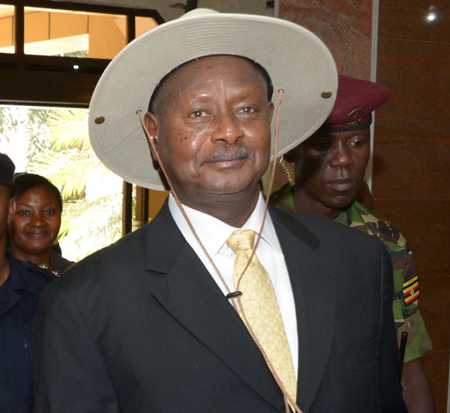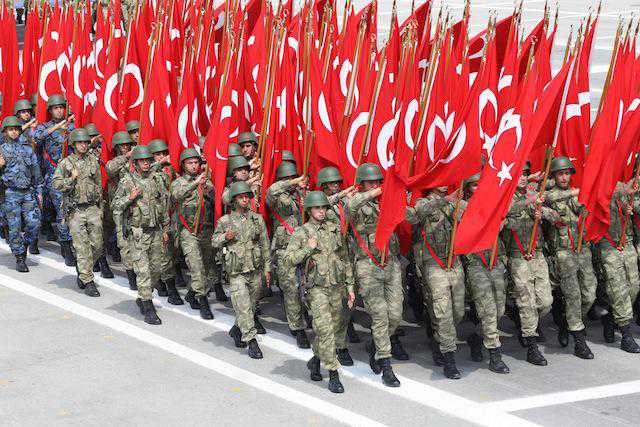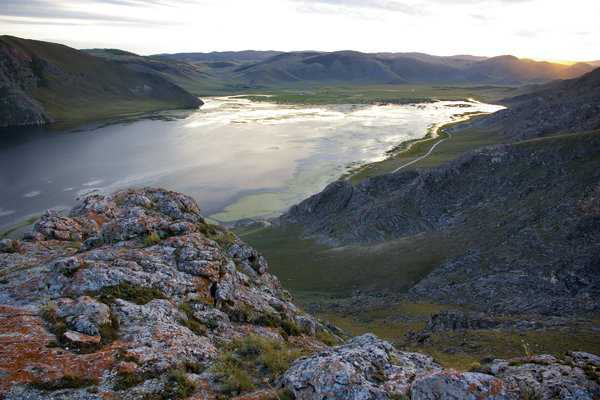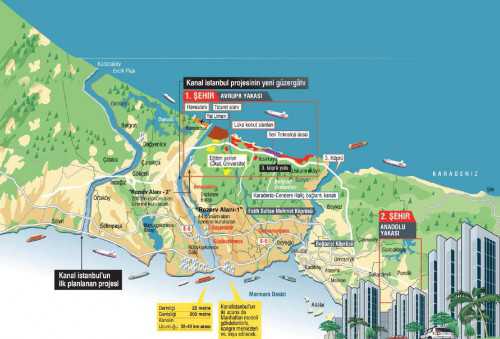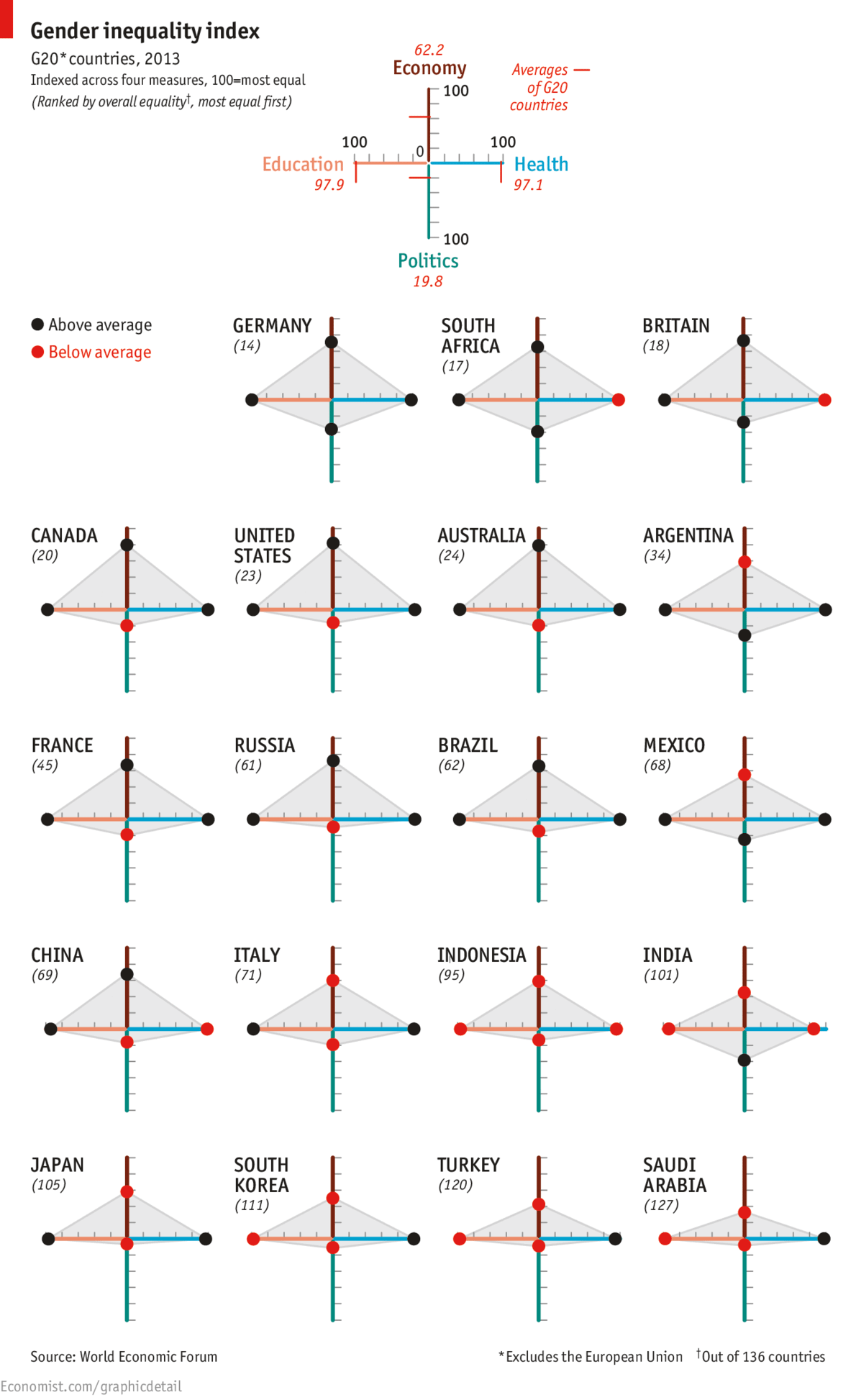I’m standin’ here. You make the move. You make the move. It’s your move. Huh?
You talkin’ to me? You talkin’ to me? You talkin’ to me?
Well, then who the hell else are you talkin’ to?
You talkin’ to me? Well, I’m the only one here.
Travis Bickle, TAXI DRIVER
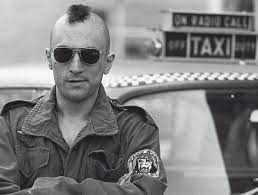
TREASON TIME WITH TRAVIS
TREASON: The betrayal of one’s own country by waging war against it or by consciously or purposely acting to aid its enemies.
MISPRISION OF TREASON:The deliberate concealment of one’s knowledge of a treasonable act or a felony.
Hey Kemal Kılıçdaroğlu! Hey you! I’m talkin’ to you! I’m talkin’ to you, Mister Kemal Kılıçdaroğlu. The leader of the that sissy-boy “opposition” party! What are you doing? All the time backin’ off, backin’ off, talkin’ away at the parliament like it all means somethin’. It don’t mean nothin’ to me and people like me, that’s for sure. Takin’ it, takin’ it for years you’ve been takin’ it from that religious mob that lies, cheats and steals like a plague of cancer. And you, playin’ word games with them while they destroy your country. Not smart, Kılıçdaroğlu, not smart at all. Them guys stole everything…everything, even the mosques and the police and the army for God’s sake. And where the hell were you, Mr. Opposition Party Big Shot? They even stole the mountains and the forests and the trees and the streets and the air and they even got the big ships. And you? You got the baby carriage and the garbage pail. And you’re the only one there, you’re the boss. So pay attention, understand? I’m talkin’ to you…man-to-man, I’m talkin’ to you! You got that? Good, because here’s a man who won’t take it anymore. Not from these government criminals destroyin’ our country while you and your rabbits sit on your collective duffs. They embarrass me, these people, so stupid they are. They think we’re stupid too and that’s the worst part. That, and lookin’ at you and your boys hangin’ around all day in them big red chairs waitin’ for the word to come from their big boss. Then you all jump up like hungry dogs at chicken bones. You try to be clever in your retorts but you don’t say nothin’ and you embarrass us a second time. So do somethin’, Kılıçdaroğlu, somethin’ with courage. I drive a taxi all day and all night. And that takes courage. So you do likewise, be brave and earn some respect. Walk out of that cesspool of a parliament. Leave shoe boxes on your desks as complementary mementos to the thieves-in-charge. Then all of you take a hike over to the criminal court and file those treason and misprision of treason cases against the gangster government. And throw in the American ambassador and his fellow agents for good luck. And we the people will hail you in the streets.
We’ll show them, won’t we Kemal? You’re the main opposition man! You can be the big dude prime minister even without kissin’ America’s feet. And I’m gonna get you in shape right now. Too much sittin’ is ruinin’ your body. Too much abuse has gone on for too long. From now on, it will be fifty push-ups each morning, fifty pull-ups. There’ll be no more pills, there’ll be no more bad food, no more destroyers of your body. From now on, it will be total organization. Every muscle must be tight. I’m one of your biggest supporters, you know. I tell everybody that comes in this taxi that they have to vote for you. You understand? Are you still lookin’ at me? Good, because I’m lookin’ at you…hard!
Mr. Travis Bickle
Somewhere in traffic in Istanbul
25 December 2013


